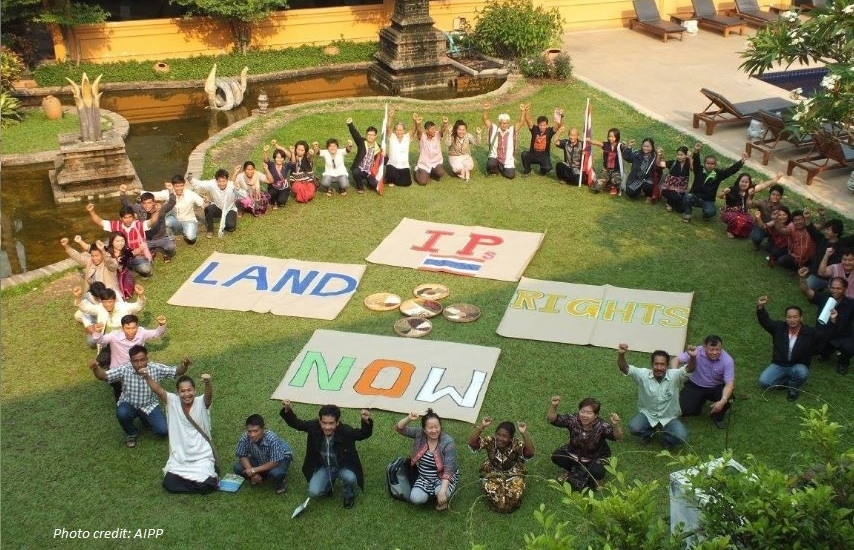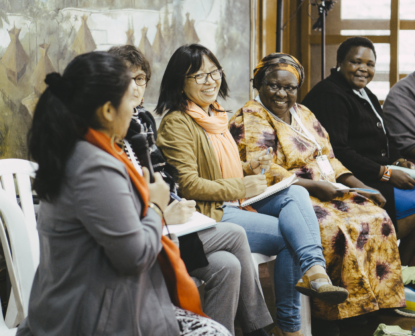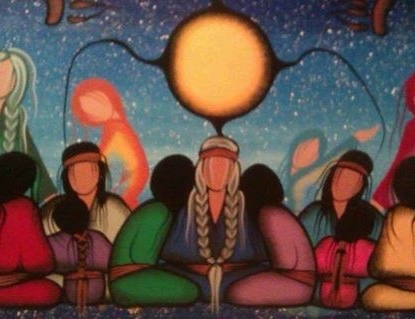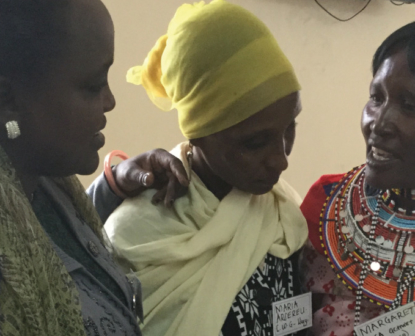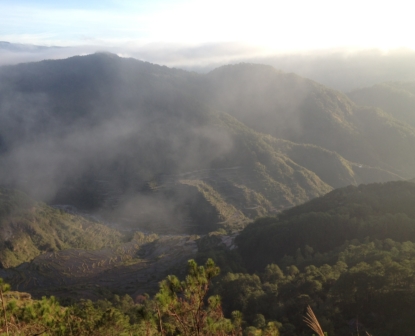Project
Enabling Indigenous Peoples to Engage in Sustainable Development Processes
-
Amount Funded
467,430 EUROProject Duration
01 Jan 2018 - 30 Jun 2021 -
-
Lead organisation
-
Asia Indigenous People Pact Foundation (AIPP) is a regional organisation initiated in 1988 and officially established in 1992 by indigenous peoples’ movements in Asia. It is committed to the cause of promoting and defending indigenous peoples’ rights and human rights and articulating issues of relevance to indigenous peoples. At present, AIPP has 48-member organisations from 14 countries in Asia of which 18 are indigenous peoples’ national formations (federations/alliances/networks) and 30 local and sub-national organisations. Sixteen of AIPP’s member organisations are ethnic-based organisations of indigenous peoples, six are indigenous women’s organisations and four are indigenous youth organisations and one organisation of indigenous persons with disabilities. AIPP strongly applies the principle of Nothing About Us without Us.
AIPP strengthens the solidarity, cooperation and capacities of indigenous peoples in Asia to promote and protect their rights, cultures and identities, and their sustainable resource management systems for their development and self-determination.
-
Organisation
Asia Indigenous People Pact Foundation (AIPP) is a regional organisation initiated in 1988 and officially established in 1992 by indigenous peoples’ movements in Asia. It is committed to the cause of promoting and defending indigenous peoples’ rights and human rights and articulating issues of relevance to indigenous peoples. At present, AIPP has 48-member organisations from 14 countries in Asia of which 18 are indigenous peoples’ national formations (federations/alliances/networks) and 30 local and sub-national organisations. Sixteen of AIPP’s member organisations are ethnic-based organisations of indigenous peoples, six are indigenous women’s organisations and four are indigenous youth organisations and one organisation of indigenous persons with disabilities. AIPP strongly applies the principle of Nothing About Us without Us.
AIPP strengthens the solidarity, cooperation and capacities of indigenous peoples in Asia to promote and protect their rights, cultures and identities, and their sustainable resource management systems for their development and self-determination.
-
Project
The Enabling Indigenous Peoples to Engage in Sustainable Development Processes project enables indigenous peoples, particularly indigenous women from Cambodia, Indonesia, Laos, and the Philippines, to assert their rights in sustainable development processes with their effective participation in related national and international mechanisms. Indigenous Peoples increase their understanding of Sustainable Development Goals (SDGs) and fully engage with processes as well as to emphasise their roles and potential contributions to achieve the 2030 Agenda.
Many countries in Asia voted in favour of the adoption of the United Nations Declaration on the Rights of Indigenous Peoples (UNDRIP) in 2007 and re-affirmed their commitment in 2014 during the World Conference on Indigenous Peoples (WCIP). The commitment was to adhere to the universal framework of minimum standards for the survival, dignity, well-being and rights of the world’s indigenous peoples. However, many indigenous peoples are not recognised as distinct groups with rights as affirmed in the UNDRIP. Legal recognition and protection for indigenous peoples’ rights have not been adopted into the realisation of the minimum standards for their wellbeing and rights. On the contrary, indigenous peoples encounter repression and militarisation, resulting in further violations of their human rights and systematic suppression to defend their lands and resources as part of their own rights.Key initiatives in this project include learning and exchange workshops at national and regional levels on rights-based approaches to sustainable development, including alliance building, networking, and advocacy work in relation to indigenous rights and the 2030 Agenda for the Sustainable Development Goals. Also, to prepare indigenous peoples, including women and their organisations to advocate towards high level political forums on sustainable development. This project updates/produces and disseminates information, education and communication materials on SDGs for Indigenous Peoples focusing on engagement at all levels, production of baseline studies and research on indigenous peoples’ situation in the target countries. Moreover, innovation to gather, generate and publish data by indigenous communities to picture their situation and issues on the ground is one of the main focus of this project.
-
-
The Enabling Indigenous Peoples to Engage in Sustainable Development Processes project enables indigenous peoples, particularly indigenous women from Cambodia, Indonesia, Laos, and the Philippines, to assert their rights in sustainable development processes with their effective participation in related national and international mechanisms. Indigenous Peoples increase their understanding of Sustainable Development Goals (SDGs) and fully engage with processes as well as to emphasise their roles and potential contributions to achieve the 2030 Agenda.
Many countries in Asia voted in favour of the adoption of the United Nations Declaration on the Rights of Indigenous Peoples (UNDRIP) in 2007 and re-affirmed their commitment in 2014 during the World Conference on Indigenous Peoples (WCIP). The commitment was to adhere to the universal framework of minimum standards for the survival, dignity, well-being and rights of the world’s indigenous peoples. However, many indigenous peoples are not recognised as distinct groups with rights as affirmed in the UNDRIP. Legal recognition and protection for indigenous peoples’ rights have not been adopted into the realisation of the minimum standards for their wellbeing and rights. On the contrary, indigenous peoples encounter repression and militarisation, resulting in further violations of their human rights and systematic suppression to defend their lands and resources as part of their own rights.Key initiatives in this project include learning and exchange workshops at national and regional levels on rights-based approaches to sustainable development, including alliance building, networking, and advocacy work in relation to indigenous rights and the 2030 Agenda for the Sustainable Development Goals. Also, to prepare indigenous peoples, including women and their organisations to advocate towards high level political forums on sustainable development. This project updates/produces and disseminates information, education and communication materials on SDGs for Indigenous Peoples focusing on engagement at all levels, production of baseline studies and research on indigenous peoples’ situation in the target countries. Moreover, innovation to gather, generate and publish data by indigenous communities to picture their situation and issues on the ground is one of the main focus of this project.
-
News

